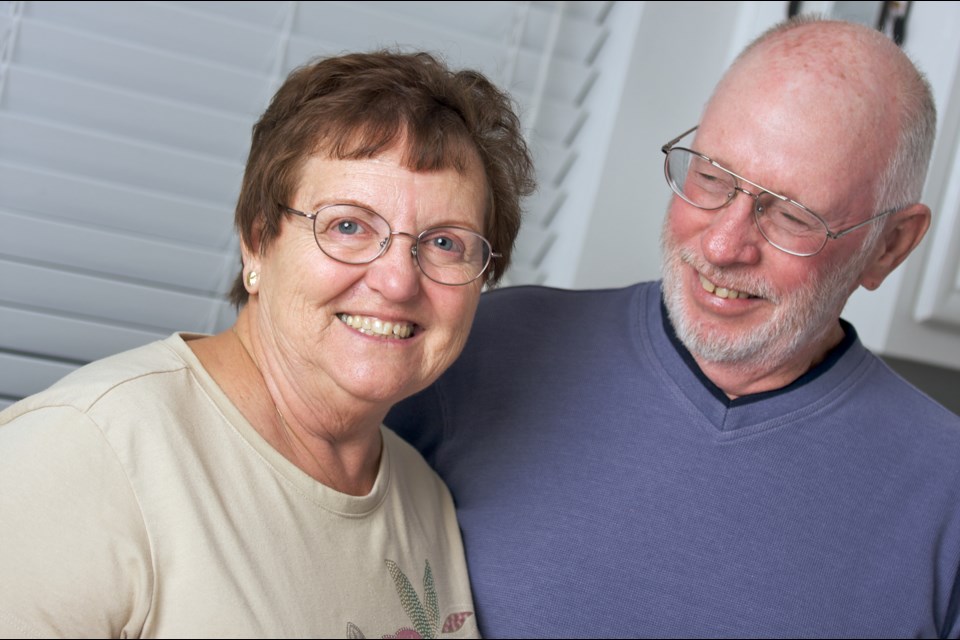Of the 60 per cent of people living with dementia who will go missing at some point in their lives, half of those who are gone for 24 hours will be found injured or dead.
It’s that statistic Finding Your Way is hoping to change.
Created by the Alzheimer Society of Ontario, Finding Your Way teaches people how to recognize someone who may be lost and confused and get them home safely. It also helps people living with dementia remain in their communities for as long as possible, said Jaime Cruz, public education coordinator at the Alzheimer Society of York Region (AS York).
“Because for people living with dementia, (a diagnosis is) not the end of their life or who they are. They are embarking on a new journey and are adapting to the changes that journey brings.”
As dementia progresses, those living with the illness suddenly, and without warning, become lost because familiar surrounds become strange.
That person may be standing in one spot for a long time or looking into thin air; talking to themselves; pacing; looking disorientated; and be inappropriately dressed for the weather.
“Look at the overall picture,” said Cruz. “Are they showing signs of agitation or looking unsettled?”
Cruz said you should approach someone you believe may be lost from the front so you don’t startle or scare them. Remain calm, introduce yourself and ask if they need help.
Often those living with dementia won’t admit they are lost as people with the disease are really good at hiding the changes in their cognitive functions by deflecting questions or using other cues.
Speak slowly and clearly, use gestures and ask yes or no questions. Be patient while waiting for an answer. Once the person is comfortable with you, ask to see her blue MedicAlert bracelet, which will tell you the type of dementia she is living and provide an emergency phone number. Regardless, you should call 911.
Cruz, who teaches a half-hour Finding Your Way program at retirement homes, community centres and libraries across York Region, is also hosting two free Finding Your Way events specifically for caregivers: Jan. 23 at Newmarket Community Centre & Lions Hall, 200 Doug Duncan Dr. and Jan. 30 at the Thornhill United Church, 25 Elgin St. from 8:45 a.m. to 2:30 p.m.
The events will feature a number of guest speakers including those from York Region Police and Medical Alert Safely Home, as well as vendors and a complimentary lunch. Ron Beleno, the keynote speaker, will be talking about using technology in care.
“By teaching people how to help those living with dementia return home safely, we give caregivers peace of mind. At the events, caregivers will be able to connect with other caregivers and agencies that will help them keep their family members in the community safely and in the community longer.”
To register for the free Finding Your Way caregiver event, contact Cruz at 905-726-3477, ext. 234 or email [email protected].
Findingyourwayontario.ca offers a number of resources, online courses and information in multiple languages. January is Alzheimer’s Awareness Month.
— Lisa Day
